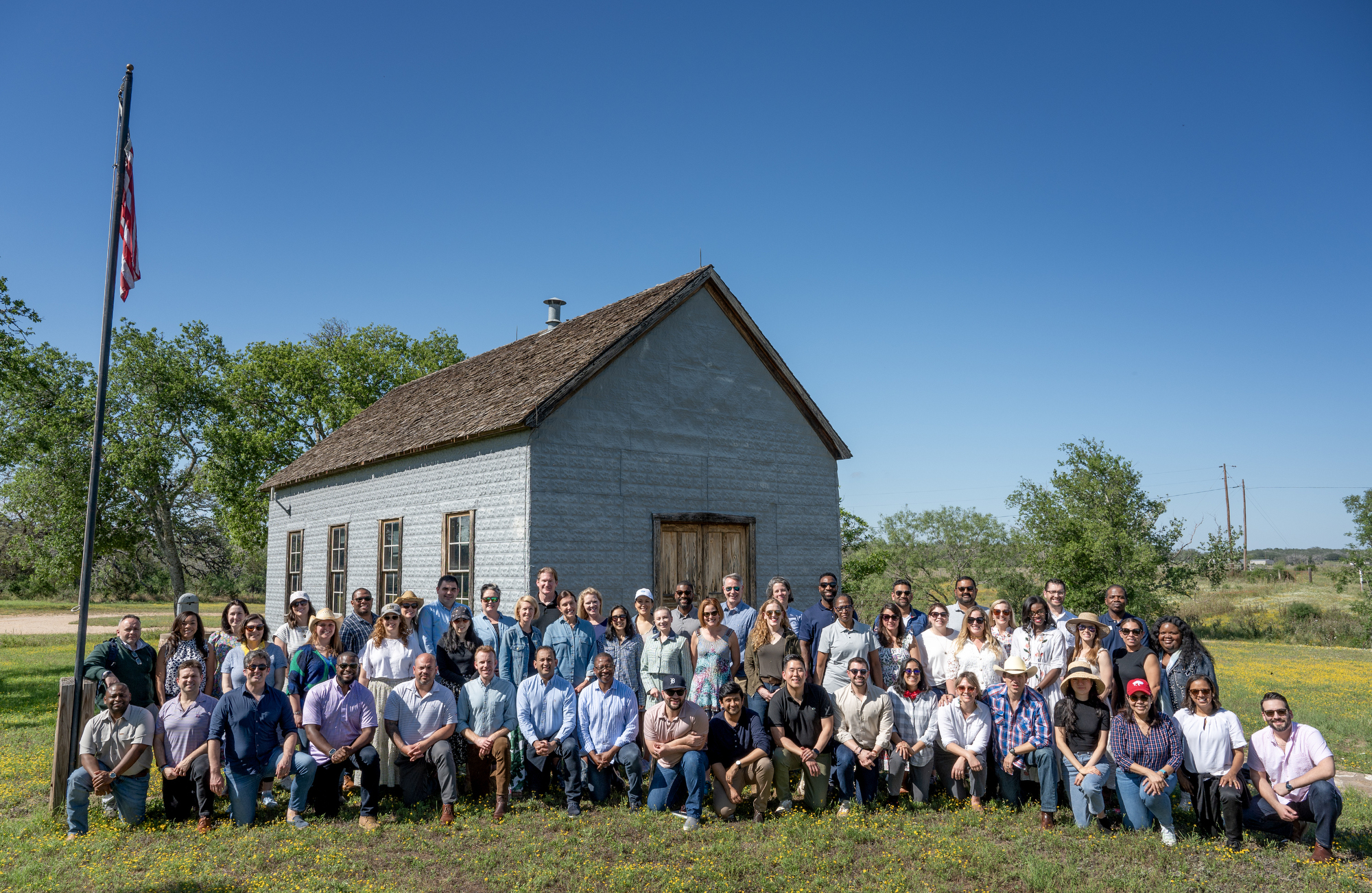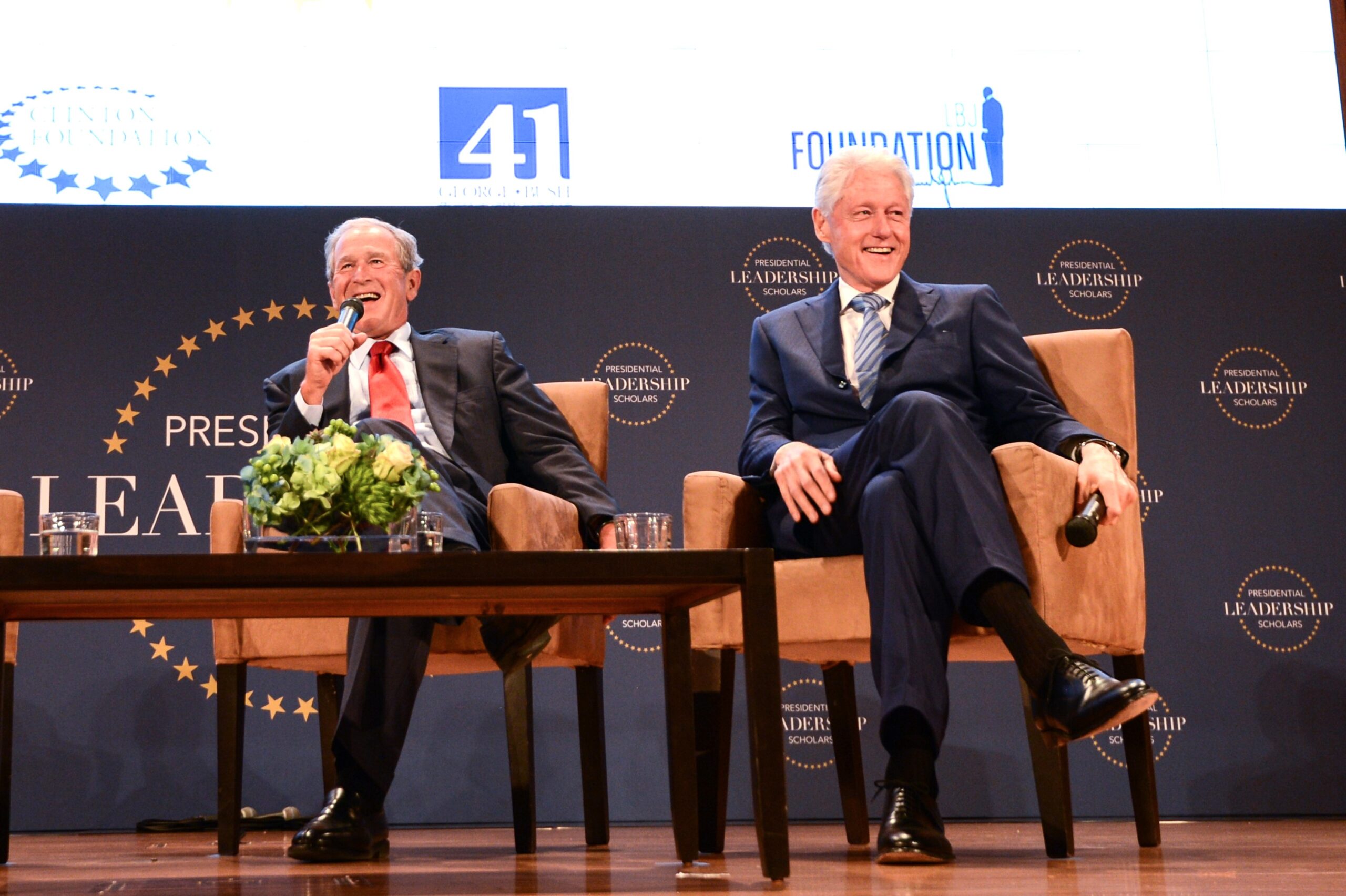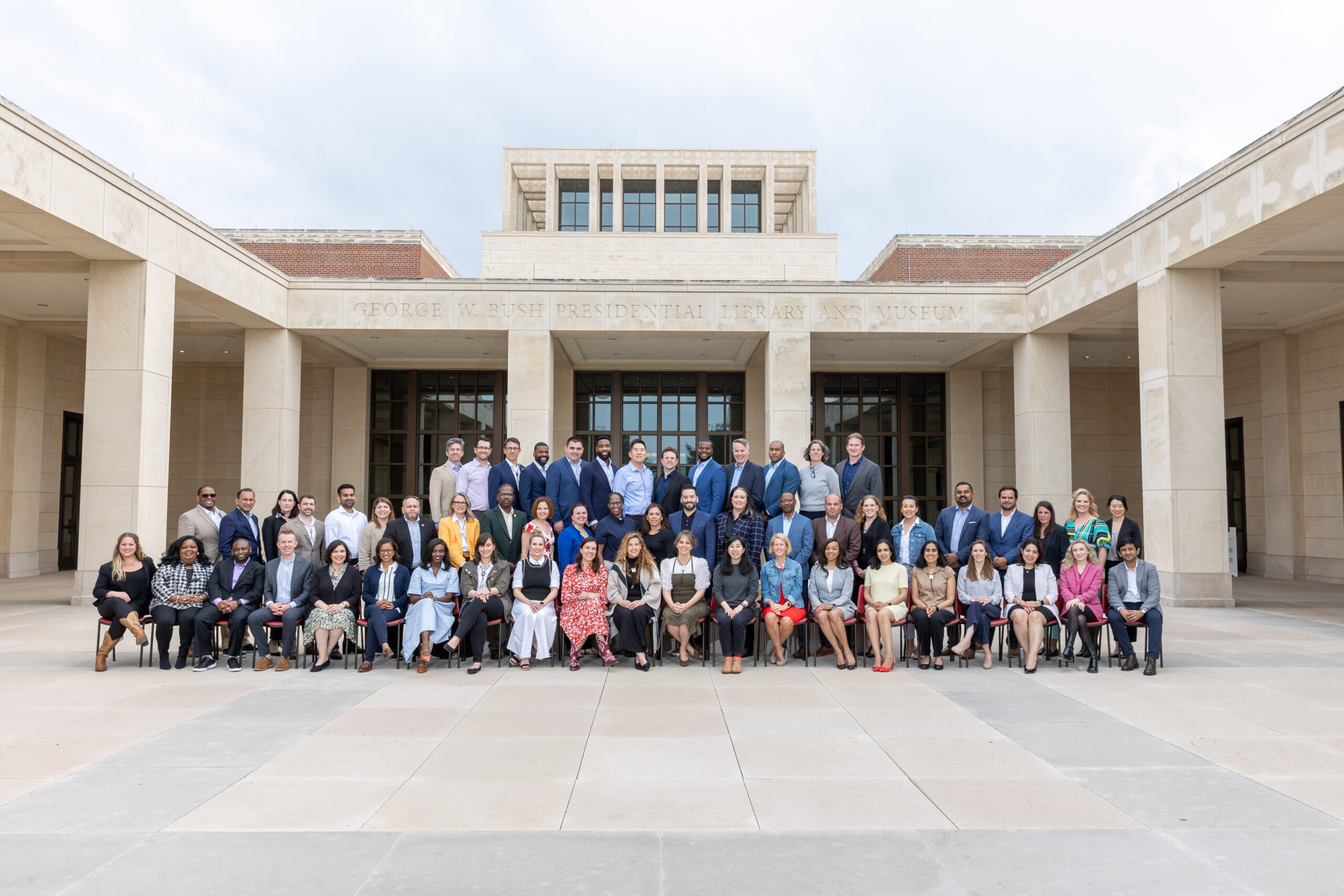Presidential Leadership Scholars Module Five recap
As the 2024 Presidential Leadership Scholars near the end of the six-month program, there was almost no greater place for reflection and fellowship than the LBJ Ranch outside Austin, Texas, where the Scholars rounded out this month’s convening.
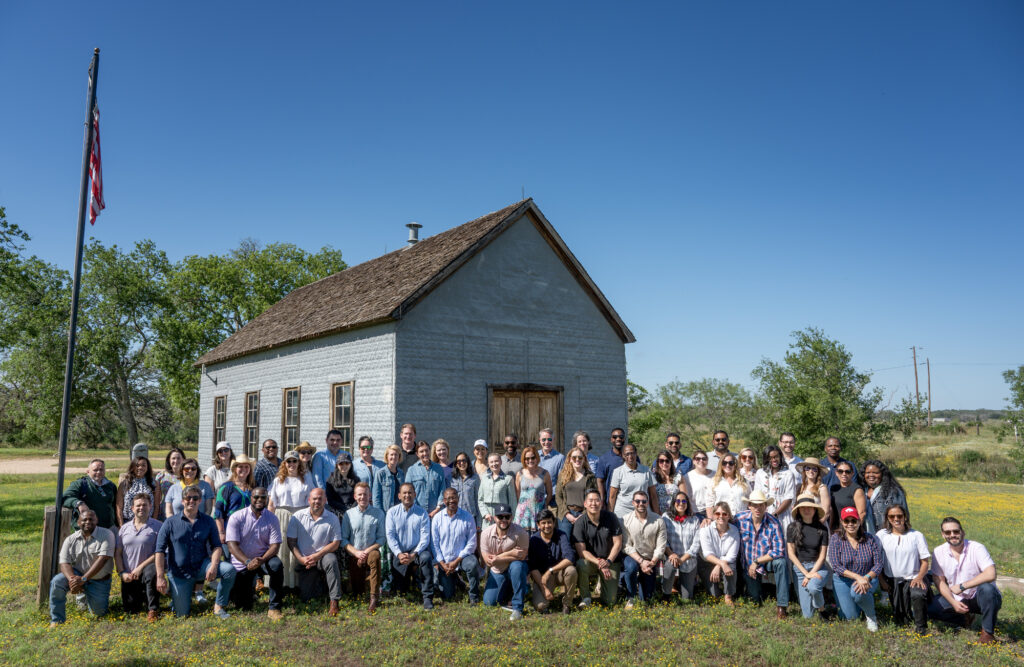
One Scholar lovingly referred to PLS as summer camp – you show up at the beginning not knowing anyone and end up leaving with 59 new best friends from across the country whom you would have never met otherwise. And with the backdrop of the rolling Texas Hill Country, wildflowers in bloom, and 60 new friends taking in the sunset and posing for selfies, we’d have to agree.
The Scholars’ fifth module focused on influence and persuasion from the lens of President Lyndon B. Johnson’s leadership. The 36th President of the United States was skilled at motivating others to advance his agenda. His legislative legacy is remarkable and still being felt by Americans every day through his hand in the passage of laws like the Clean Air Act, the Civil Rights Act of 1964, Voting Rights Act of 1965, among others.
Throughout the module, the LBJ Telephone Tapes provided access to President Johnson’s thinking on a range of foreign and domestic issues. Mark Updegrove, President & CEO of the Lyndon B. Johnson Foundation, provided insights and commentary to the president’s conversations with leaders like Dr. Martin Luther King Jr.
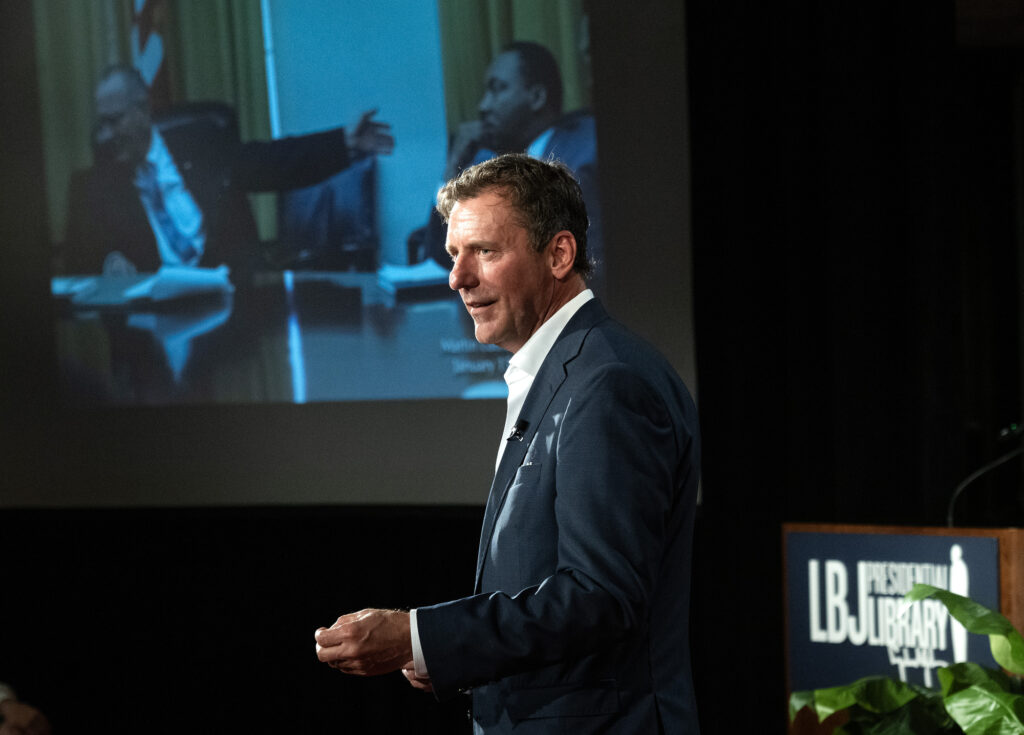
Scholars also had the chance to hear from an excellent lineup of guest speakers on the topics of influence, persuasion, and purpose. This included Mark Lawrence, Director of the LBJ Presidential Library; Larry Temple, Former Special Counsel to President Johnson; Roy Spence, Co-Founder and Chairman of advertising agency GSD&M; Melva K. Wallace, President and CEO, Huston-Tillotson University and 2016 Presidential Leadership Scholar; and Andrew Young, Former U.S. Ambassador to the United Nations.
The cohort learned from Wallace that understanding who you are trying to persuade and what their motives are is an important piece of the puzzle in leadership.
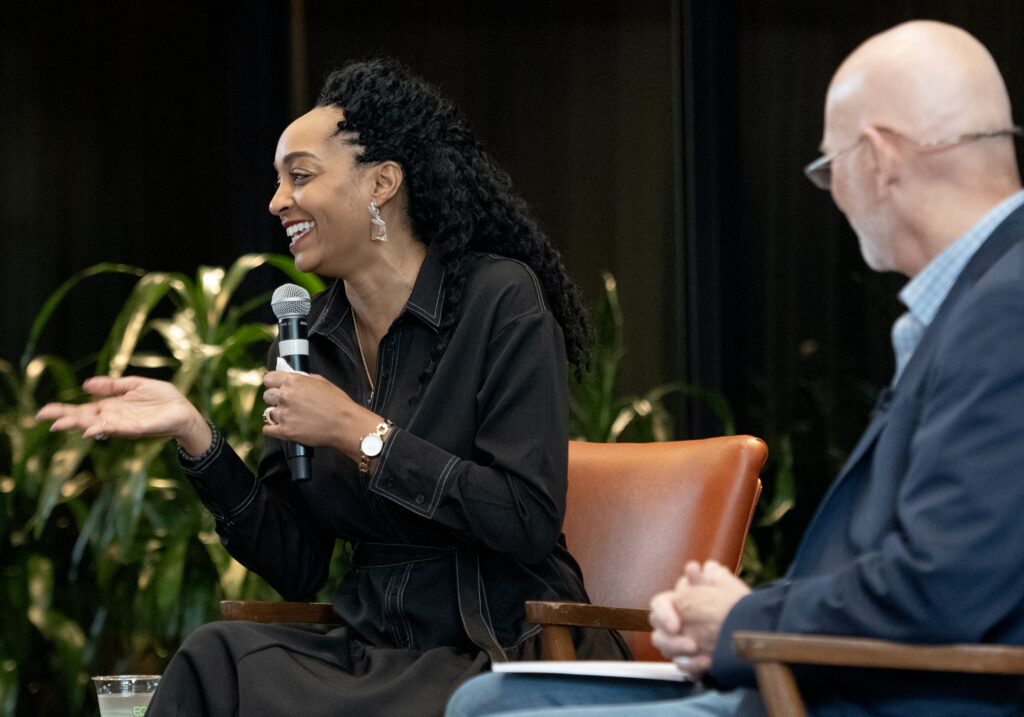
“When you’re building influence, part of the equation is tenacity, and the other part is figuring out how other people hear and understand,” she said.
Spence, who also co-founded The Purpose Institute, inspired the Scholars to stay motivated and remember their purpose when the difficult work they are doing seems impossible.
“We can’t change the world, but we can change our world,” he said. “If you’ve changed one life, you’ve won.”
Throughout the week, Scholars also engaged in classroom sessions with PLS Co-Director Mike Hemphill on the topics of influence and persuasion.
The 2024 Presidential Leadership Scholars will reconvene next month in Philadelphia where they will complete the program and officially enter into the alumni network. As PLS alumni, they will continue to work on the most pressing issues facing our communities.
Applications to join the Class of 2025 are now open through July 14. You can learn more about the opportunity here.
*LBJ Library photos by Jay Godwin
